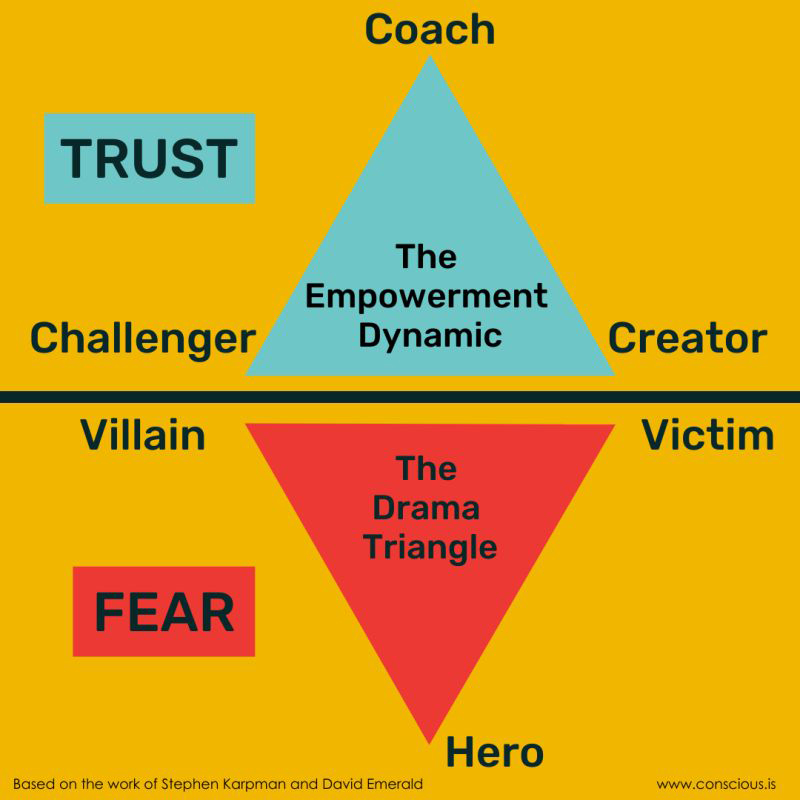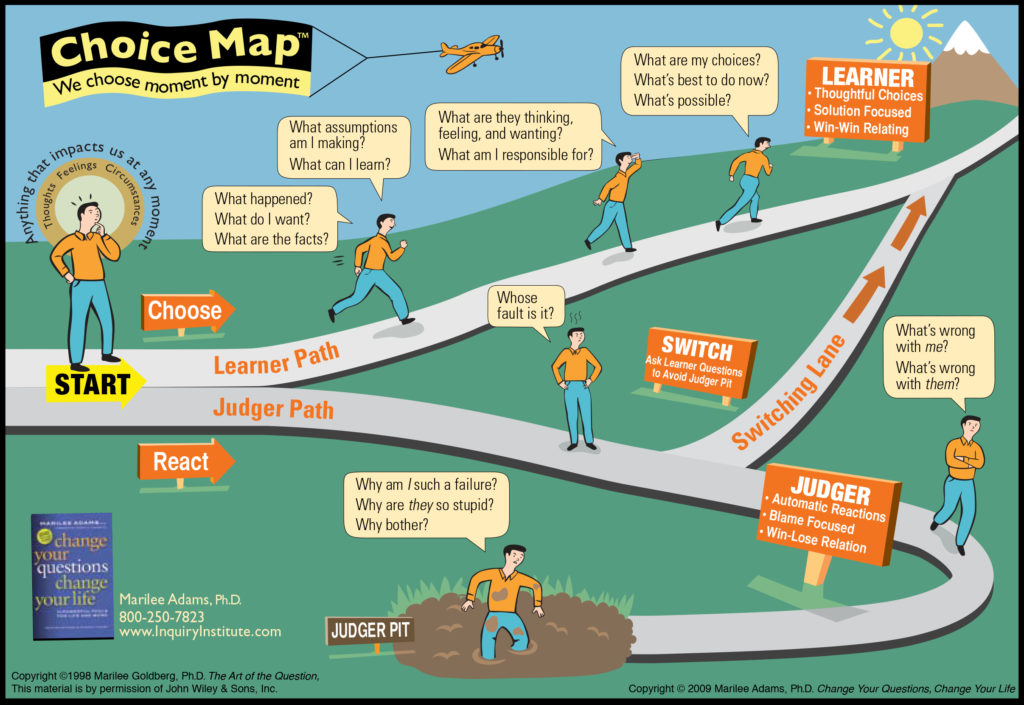The link above will take you to the description of World Conservation Day: a day they describe as linking a healthy society to a healthy environment. This day holds particular importance for us as we notice our country and the globe wrestling with droughts and wildfires. Still, some deny anything unusual is happening to our planet.
If you look on NASA’s website (https://climate.nasa.gov/evidence/) you’ll find this headline: “There is unequivocal evidence that Earth is warming at an unprecedented rate. Human activity is the principal cause.” From a leadership perspective, what thinking capacity is required to understand and lead efforts, both individual and collective, to protect our world for future generations? At SixSEED Partners, we teach our client systems to complement their problem-solving thinking with both/and thinking. For us to sustainably address climate change, we need to balance our immediate way of life needs with future generations’ needs; we need to consider National Interests AND Global Interests. Thinking about the water supply in the United States alone will not be sustainable if other global countries provide us with resources that are negatively impacted by drought.
On World Conservation Day, we invite you to take one action today that will contribute to a more sustainable future for all.
#systemintegration #leadershipecosystemcapacitation #wellbeing. #culture




